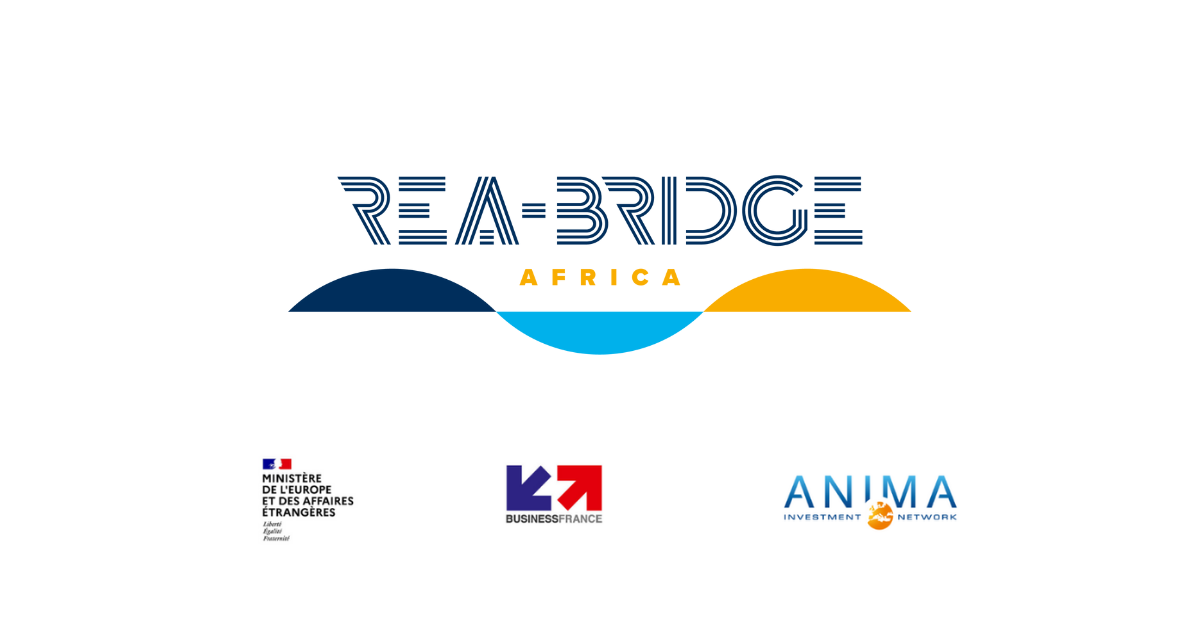Technopolis Cote d’Ivoire has supported the French Ministry of Europe and Foreign Affairs (MEAE), and the implementing consortium formed by Business France and ANIMA, to evaluate the initiative “REA-Bridge Africa” – Structuring and coordinating networks of African entrepreneurs.
The MEAE is the French administration responsible for implementing France’s foreign policy and maintaining relations with foreign states. It is involved in a wide range of international activities. Created in 2016, the Solidarity Fund for Innovative Projects (FSPI) is the MEAE’s project aid instrument. With a maximum duration of two years, each project (national or regional in scope) has a budget of between €100,000 and €1,000,000. It enables French embassies to carry out innovative actions in the field that have a rapid and highly visible impact for the benefit of local populations. The fund finances a number of projects in several areas, including the French-speaking world, education, entrepreneurship and networks of entrepreneurs.
The REA-BRIDGE Africa project, financed by the MEAE through the FSPI, and piloted by the consortium formed by Business France and ANIMA, was implemented by 15 embassies of African countries (South Africa, Burkina Faso, Burundi, Côte d’Ivoire, Kenya, Gambia, Ghana, Madagascar, Namibia, Niger, Nigeria, Uganda, Rwanda, Central African Republic and South Sudan), each of which created one or more REA(s) (Réseau d’Entrepreneurs Africains).
The evaluation of REA-Bridge Africa conducted by Technopolis CI was both retrospective (to take stock of actions and their results) and prospective (to assess the impact on beneficiaries and identify opportunities for continuing the work). In particular, the objectives were to:
- Draw up a consolidated report on the activities carried out throughout the FSPI project.
- Assess the extent to which the project has achieved its objectives and produced the expected results.
- Assess the impact on beneficiaries, beyond the implementation of the proposed activities.
- Identify the programme mechanisms and actions that worked or did not work.
The evaluation showed that the project was well co-ordinated and ran efficiently and satisfactorily, despite some implementation difficulties, particularly in the context of the global health crisis, with relevant activities overall and some positive results achieved.
Recommendations were made, in particular, concerning the evolution of beneficiaries‘ needs and their detection, communication and dialogue facilitation, sustainability mechanisms, as well as monitoring, evaluation and learning.







